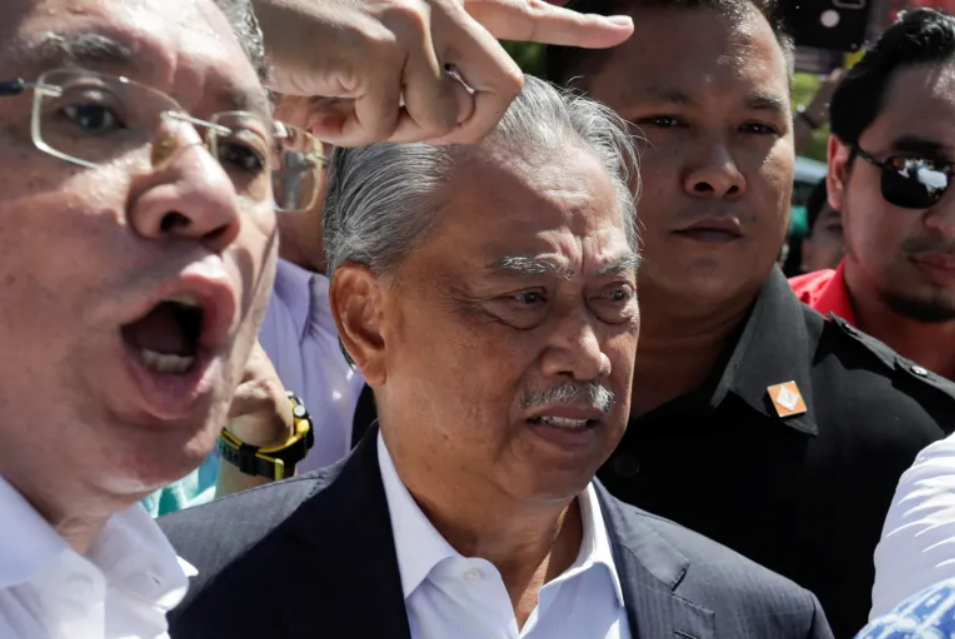(Al Jazeera Media Network) Addressing an investment forum this week, Malaysian Prime Minister Anwar Ibrahim said his administration would not tolerate corruption regardless of an official’s rank or political connections, and pledged to tackle misconduct “without fear or favour.”
Less than 48 hours later, Malaysia’s former prime minister Muhyiddin Yassin was charged with multiple counts of corruption related to directly negotiated government contracts during the COVID-19 pandemic.
The charges against Muhyiddin, announced on Friday following an investigation by the Malaysian Anti-Corruption Commission (MACC), represent the most striking move yet against alleged malfeasance since Anwar came to power last year on a pledge to clean up the Southeast Asian nation’s politics.
Though the MACC is officially independent of the government, the charges against Muhyiddin could bolster the reformist Anwar’s anti-corruption drive and “allow his government to showcase progress under his leadership,” said Grace Lee Hooi Yean, the head of Monash University Malaysia’s economics department.
“This will instil hope in people that progress and advancement can be achieved in the country,” Lee told Al Jazeera, describing the investigation as a potential “turning point” in Malaysia’s efforts to tackle corruption.
“This will also be a big vote of confidence for Anwar’s leadership, and he will be credited for this development.”
Anwar, a former student leader whose election capped an extraordinary three-decade journey from leader-in-waiting to jailed opposition leader and back again, has staked much of his reputation and political legitimacy on rooting out corruption in Malaysia, which has been rocked by numerous cases of impropriety involving the rich and powerful, including the long-running 1MDB scandal.
Former prime minister Najib Razak, who led Malaysia between 2009 and 2018, is currently serving a 12-year prison term over his role in the abuse of the 1MDB sovereign wealth fund, which lost an estimated $4.5 billion to corruption.
Malaysia last year ranked 61 out of 180 countries in Transparency International’s Corruption Perception Index, down 10 spots from 2019.


